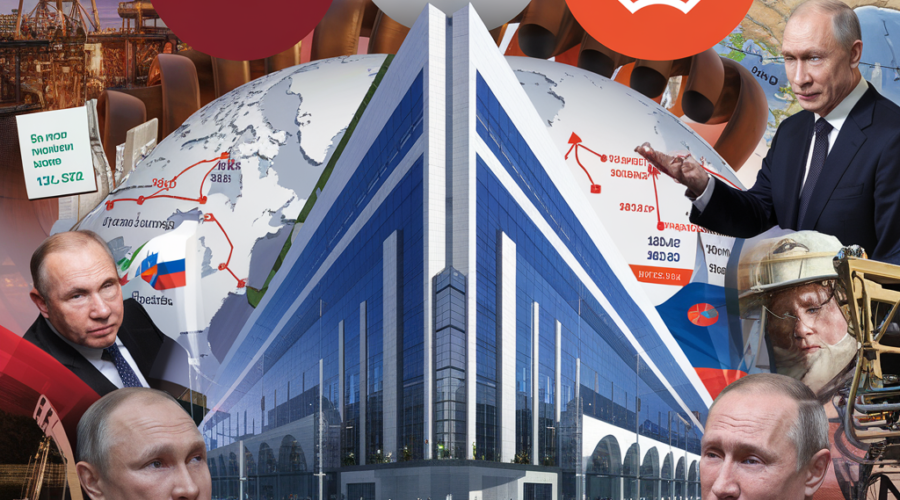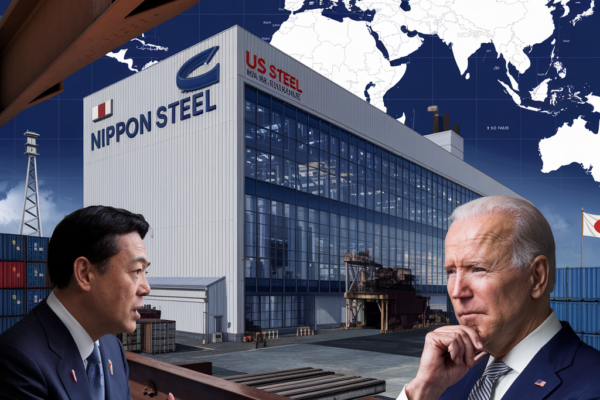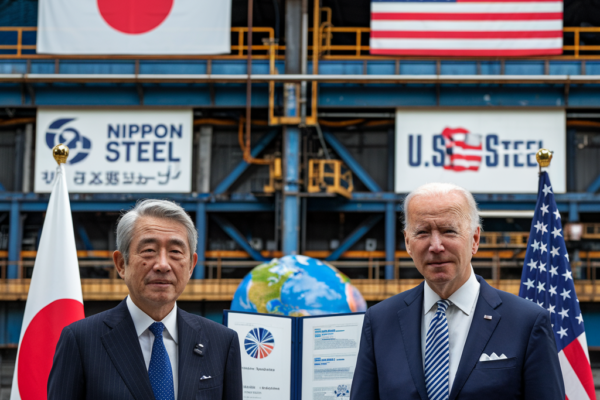- Strategic Consolidation: Russia explores merging Rosneft, Gazprom Neft, and Lukoil to create the world’s second-largest oil producer, surpassing Aramco and pumping nearly three times Exxon Mobil’s output.
- Geopolitical Motives: Amid global sanctions, the merger aims to strengthen Russia’s market position, secure favorable energy deals with non-Western countries like India and China, and potentially command higher oil prices.
- Operational Synergies: Consolidation could streamline operations, improve resource allocation, and reduce overhead costs for the combined entity, enhancing operational efficiencies.
- Market Dynamics: The mega oil merger could significantly impact global oil prices, supply chains, and foreign investments in Russia’s energy sector, reshaping the industry landscape.
- Historical Precedent: Previous mergers like Rosneft-TNK-BP demonstrate Russia’s willingness to support strategic consolidation, especially during economic downturns or oil price crises.
- Regulatory Challenges: Navigating antitrust laws, governmental oversight, and ensuring fair competition compliance could pose regulatory hurdles for the proposed merger.
- Global Implications: Major international oil companies and OPEC might reassess strategies in response, potentially leading to a more stable but concentrated global oil market.
- Expert Insights: Industry analysts predict substantial financial benefits for the merged entity, better equipped to deal with Western sanctions, but caution about obstacles like opposition from executives and cash constraints.
- Strategic Goals: While some experts foresee long-term goals like enhanced market share and efficiency, others warn of challenges like the Kremlin’s desire to use the energy sector to fund the Ukraine war.
- Future Outlook: The proposed mega merger presents both opportunities and challenges, potentially reshaping Russia’s role in the global oil market, but its success hinges on overcoming regulatory, operational, and geopolitical obstacles.
Russia’s Oil Merger: A New Global Energy Powerhouse Emerges





